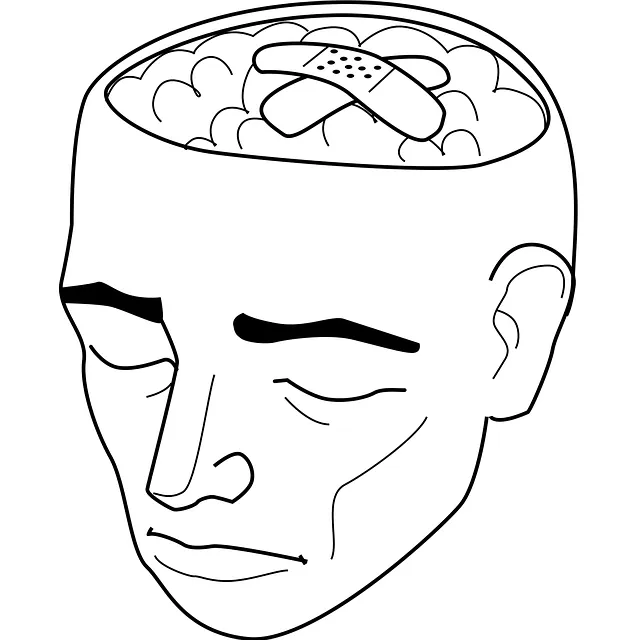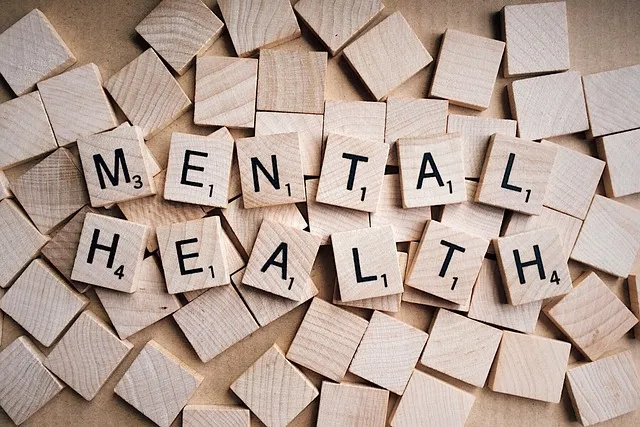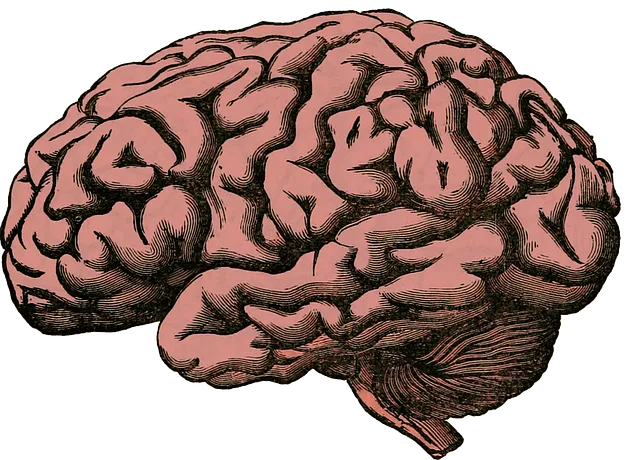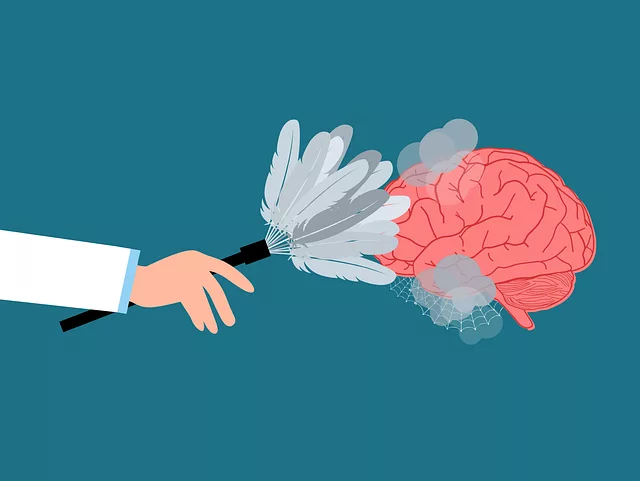Kaiser Permanente behavioral health services in Denver offers a unique Social Skills Training program designed for individuals with mental health conditions, addressing anxiety, depression, and social challenges. This evidence-based approach combines therapy, role-playing, and cultural competency training to improve coping skills, communication, and self-confidence. Positive reviews highlight its effectiveness in enhancing quality of life and promoting holistic recovery through tailored support and best practices, as evidenced by Kaiser Permanente behavioral health services reviews Denver.
Social skills training is a powerful tool for individuals with mental health conditions, offering a unique approach to enhancing their daily interactions. This comprehensive guide explores how specialized programs, such as those provided by Kaiser Permanente Behavioral Health Services in Denver, can significantly improve social functioning. We review the benefits and challenges of these training initiatives, highlighting best practices to ensure effectiveness. By delving into this topic, we aim to shed light on a vital aspect of mental health support that fosters better communities.
Key focus areas include Kaiser Permanente behavioral health services reviews Denver, understanding social skills training, its advantages, and practical strategies for implementation.
- Understanding Social Skills Training for Mental Health Conditions
- The Role of Kaiser Permanente Behavioral Health Services in Denver
- Benefits and Challenges: A Review of Social Skills Training Programs
- Strategies and Best Practices for Effective Social Skills Training
Understanding Social Skills Training for Mental Health Conditions

Social Skills Training for Mental Health Conditions is a specialized program designed to empower individuals with strategies to navigate social interactions effectively. This type of training, offered by organizations like Kaiser Permanente behavioral health services in Denver, goes beyond traditional therapy. It focuses on practical techniques and role-playing scenarios to help people manage anxiety, depression, or other mental health challenges in various settings, including work, school, and social gatherings.
At its core, this approach aims to enhance coping skills development by teaching individuals how to recognize and respond to social cues, initiate conversations, maintain eye contact, and interpret non-verbal communication. Moreover, these programs often incorporate cultural competency training for healthcare providers, ensuring a more inclusive and understanding environment for all participants. By engaging in Stress Management Workshops Organization activities, individuals can build confidence, improve their quality of life, and reduce the impact of social anxiety or other barriers to healthy social engagement.
The Role of Kaiser Permanente Behavioral Health Services in Denver

Kaiser Permanente Behavioral Health Services in Denver plays a pivotal role in addressing mental health concerns within the community. This renowned healthcare provider offers comprehensive programs designed to empower individuals and foster resilience. Their services cater to diverse needs, from individual therapy sessions to group support programs, all tailored to promote healing and wellness.
The organization’s approach focuses on evidence-based practices, combining professional counseling with techniques like positive thinking and self-care routine development. By encouraging clients to cultivate inner strength, they enable them to navigate life challenges more effectively. Reviews highlight the transformative power of these services, many praising the skilled professionals and the overall positive impact on mental well-being.
Benefits and Challenges: A Review of Social Skills Training Programs

Social Skills Training Programs offer a promising approach to enhancing the lives of individuals with mental health conditions. One of the key benefits is their ability to empower participants with essential tools for effective communication and social interaction, addressing a common challenge faced by many in the mental health community. These programs can boost confidence, improve emotional regulation, and facilitate better coping mechanisms, all of which are vital aspects of recovery and overall well-being.
However, navigating these initiatives is not without its complexities. Designing inclusive and engaging programs requires careful consideration of diverse needs and learning styles. Moreover, evaluating their effectiveness can be challenging due to individual differences and the subjective nature of social skills. The success of such training often relies on specialized approaches, like conflict resolution techniques, tailored interventions, and community outreach program implementations, which require dedicated resources and expertise. Reviews by esteemed organizations like Kaiser Permanente behavioral health services in Denver highlight these nuances, offering valuable insights into best practices for optimizing the benefits while navigating potential challenges.
Strategies and Best Practices for Effective Social Skills Training

Social Skills Training is a powerful tool for individuals managing mental health conditions, as it equips them with the abilities to navigate social interactions successfully. At Kaiser Permanente behavioral health services in Denver, reviews highlight the effectiveness of their approach, focusing on practical strategies and real-life application. The program emphasizes open communication, active listening, and empathy building, fostering a safe environment for participants to practice and receive feedback.
Best practices involve tailoring the training to individual needs, incorporating role-playing scenarios, and encouraging peer support. Self-esteem improvement is a key aspect, as it empowers individuals to engage in social settings with confidence. Moreover, integrating self-care practices promotes mental wellness, ensuring participants develop healthy habits that contribute to their overall well-being. These comprehensive strategies, backed by Kaiser Permanente’s Denver behavioral health services reviews, create a supportive framework for positive growth and improved social functioning.
Social skills training plays a pivotal role in enhancing the quality of life for individuals managing mental health conditions. As reviewed, programs like those offered by Kaiser Permanente behavioral health services in Denver have proven effective in empowering patients with essential communication and interaction techniques. By addressing both benefits and challenges, healthcare professionals can optimize these training programs, fostering better social integration and improved mental well-being among participants. In light of the positive impact, continued research and resource allocation are crucial to making evidence-based social skills training accessible to those who need it most.






